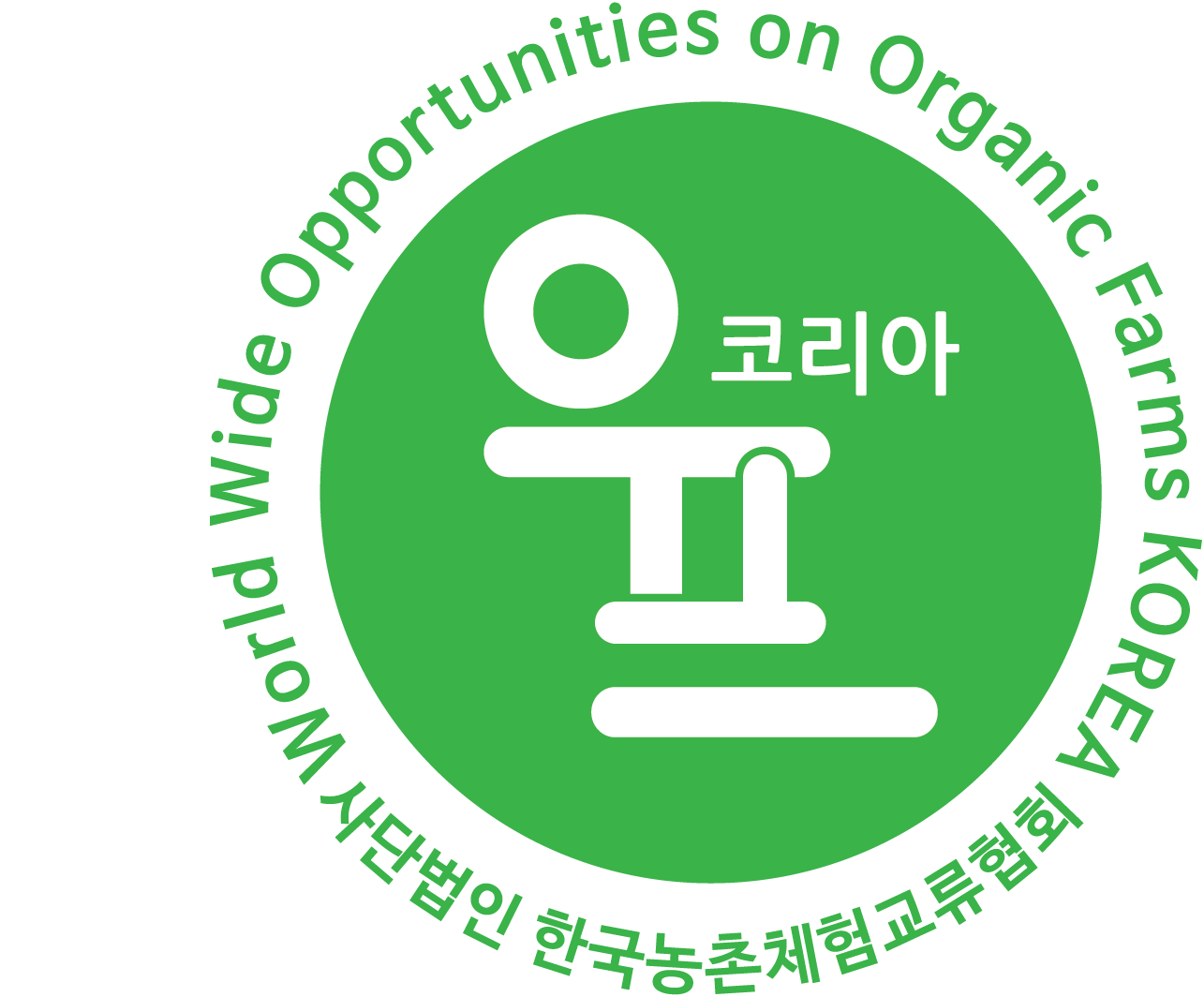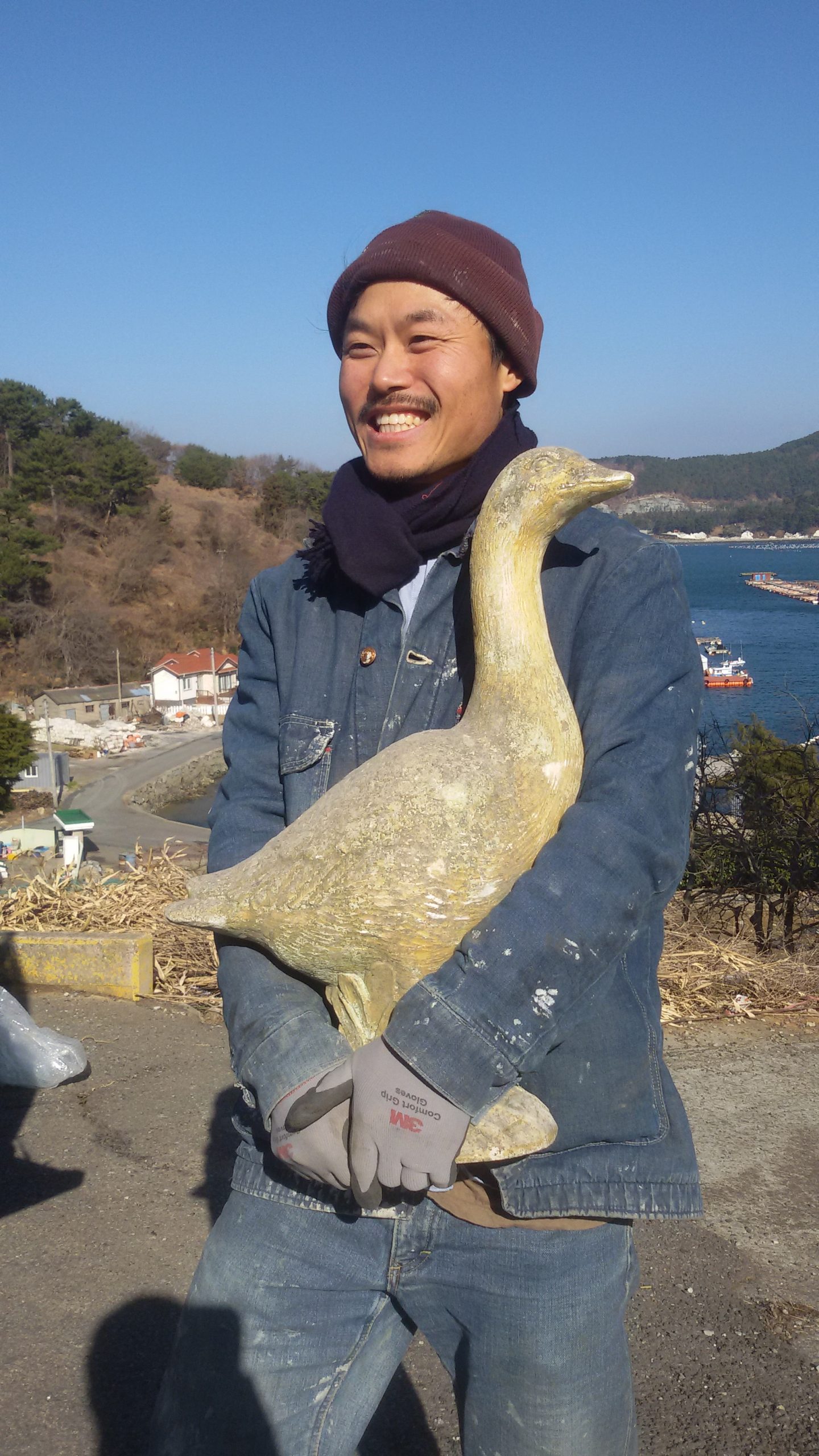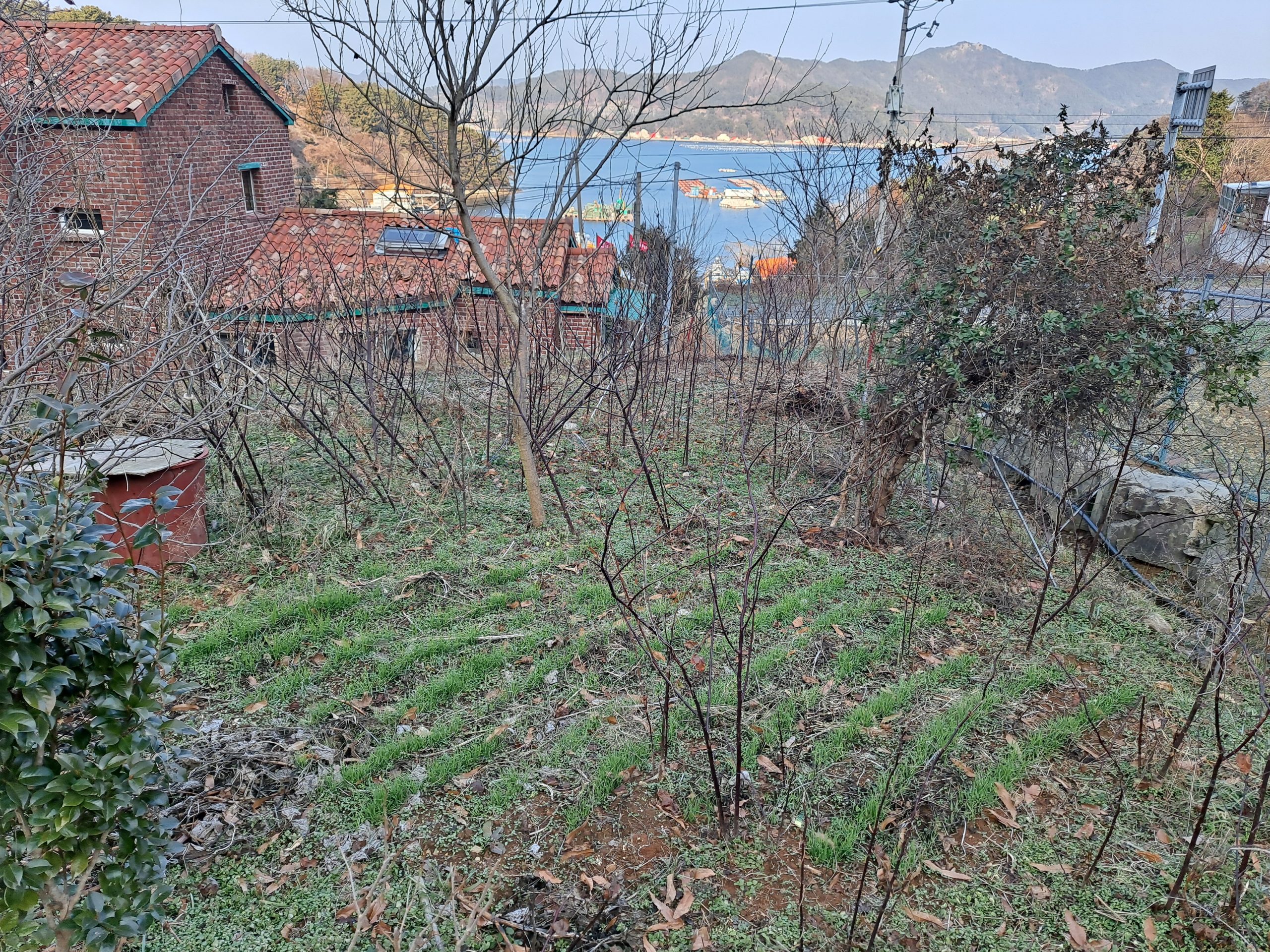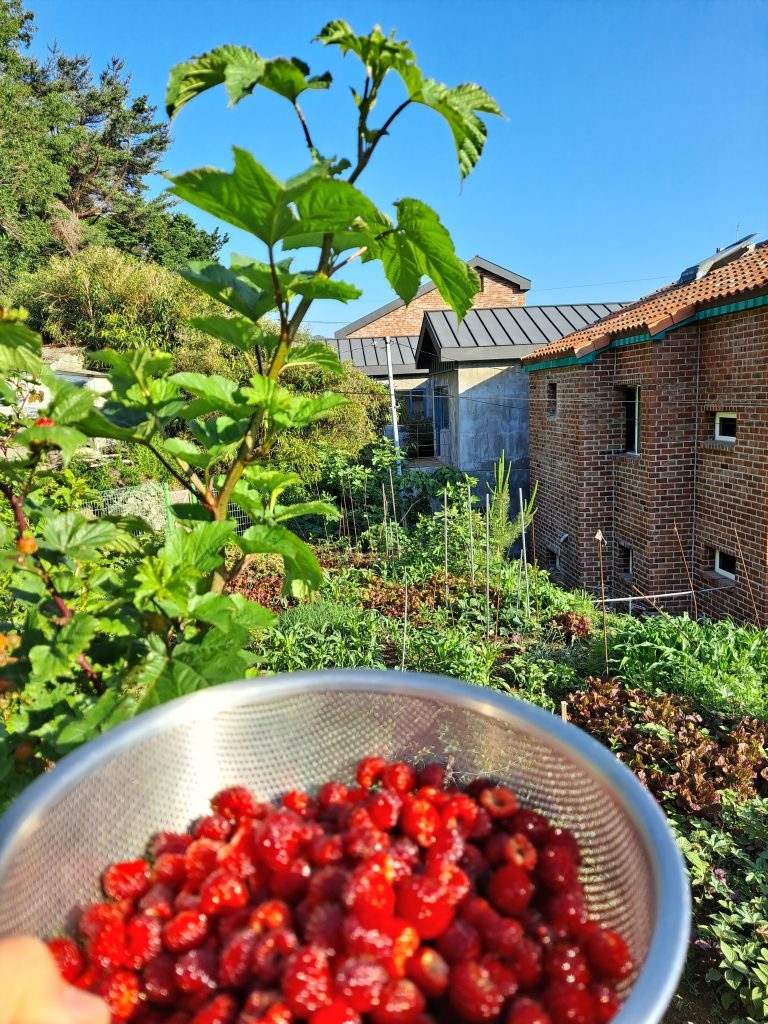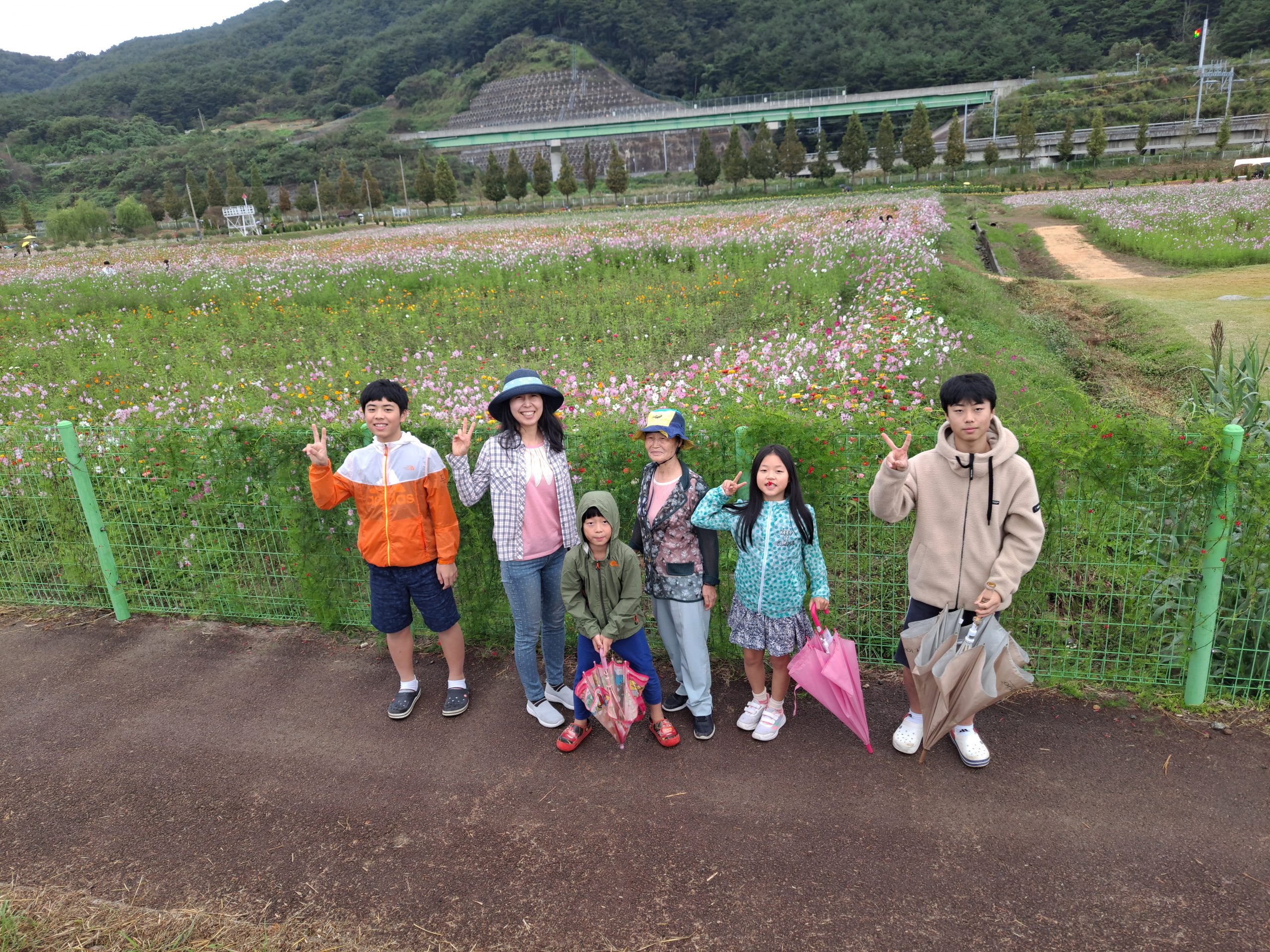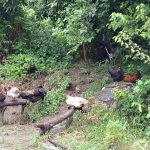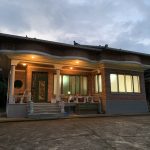GN126-en-(Gyeongsangnam-do)
General Information
✔️ Registered 2024
✔️ Host Gender Male
✔️ About us
We operate a guesthouse and cafe on our farm, aiming to integrate the 1st and 3rd industries by providing locally produced, small-scale agricultural products to guests and cafe customers, thereby increasing the value of local agricultural products. Our main crops are wild strawberries and balloon flowers, which are used in the form of strawberry jam (strawberry bongbong) and balloon flower powder (balloon flower tiramisu) for guesthouse breakfasts and cafe menus. After leaving my job in Seoul, I settled in Tongyeong, and my story was even featured on KBS Human Theater under the title ‘Why Mr. Sangguk Moved to Pungwha-ri.’ We decided to build a cafe and guesthouse in the rural area in 2015, aiming to connect agriculture and service industries and create a business that revitalizes life. We adhere to the principle of self-production, only selling ingredients that we trust and consume ourselves. With four children, we wanted them to grow up appreciating nature, plants, and animals, away from the consumption culture of the city. We also pursue music and art activities, and our children’s musical talents are a source of pride for the village and school.
However, it has been sorry that here there are limited interactions with diverse people, so connecting and communicating with travelers from around the world would be an invigorating experience. We lead a self-sufficient lifestyle, engaging in agriculture and the tertiary sector (coffee shop, guesthouse). The months when we are fully immersed in farm work are limited to May and June (strawberry harvest) or September and October (camellia seed harvest). During other periods, we process harvested agricultural products into jams, camellia oil, and balloon flower powder. The production and offering of camellia oil and strawberry jam contribute significantly during these times. We define eco-friendly agriculture as the integration of primary production and tertiary service provision. We believe that the term ‘organic farming’ broadly aligns with our farm.
✔️ Farming Experience since 2017
✔️ Farm Type family farm
✔️ Main Crop Mountain strawberries, angelica keiskei (bangpungnamul)
✔️ Farming Method
We practice composting by placing kitchen scraps into a composting bin, breaking them down, and utilizing them as fertilizer. Rice washing water, coffee grounds, and fermented urine are also returned to the soil. We avoid using herbicides or mulching to remove weeds, instead cutting them regularly and covering the soil with the cut grass. After harvesting barley, we manually scythe it and cover the soil to restore its health.
We refrain from using plastic or vinyl farm materials and have been excavating and disposing of old vinyl and plastic materials used by the previous farm owner for several years. Chickens help remove weeds and contribute to producing valuable manure. We crush clam and oyster shells, often discarded from the coastal village and guesthouses, and feed them to the chickens.
✔️ Organic Lifestyle
We avoid using synthetic detergents and only use handmade soap or environmentally friendly soap purchased from the local cooperative. We, along with the children, participate in beach clean-ups, picking up ocean debris, and collecting plastic discarded along the village paths.
About Host & Member
✔️ Family / Member
Wife and four children
✔️ Animal
Cat and pet chickens
✔️ English
Smooth communication
✔️ Other Language
Japanese, German (beginner level), French (beginner level), Spanish (beginner level)
WWOOFer’s Work
✔️ Works
April: Prepare for strawberry harvest (care for new trees, weed under the trees)
May: Barley harvest, strawberry harvest, transplanting strawberries
June: Strawberry harvest, transplanting strawberries
July: Making strawberry jam, weed removal, and farm cleanup
August: Harvesting Chinese bellflower, weed removal, and farm cleanup
September: Collecting camellia seeds
✔️ Working Hours
4~5 hours per day/one day off per week, subject to farm conditions
✔️ WWOOFing Season
Unavailable December to March
Cultural Exchange
✔️ Knowledge / Skills WWOOFers can learn
Cultivating mountain strawberries, making strawberry jam, extracting camellia oil
✔️ Experiences WWOOFers can expect
Feed chickens, experience coffee roasting, clean sea trash by sea kayaking, pick up garbage around the weathering road, introduce major tourist attractions in Tongyeong (introduction to Sebyeonggwan, Seopirang, Mireuksan Mountain hiking course, and watch concerts at Tongyeong International Music Center)
✔️ Preferred WWOOFer
People who love Korea, people who have traveled to various countries, people who like to hang out with children, non-smokers, energy-saving people, animals, music, literature lovers, good at drawing, bad at math, good at playing the piano
✔️ Message to WWOOFers
No smoking
Accommodation
✔️ Type
Individual accommodation only for WWOOFers
✔️ Room Sharing
Individual accommodation
✔️ Internet Possible Wifi
✔️ Drink & Smoke No smoking/Alcohol Possible
✔️ Distance from house to farm
The field right next to the accommodation and the field 15 minutes away by walking
Meal
✔️ Sharing a Meal
ETC
✔️ Organic Ingredients Farm and Garden
The provided ingredients are either self-produced or environmentally friendly cooperative products (80% or more)
✔️ Vegetarian Impossible
Vegan and vegetarian available
Check Point
✔️ Preferred Length of Stay
1 week (no accept for Short-term woofers for 1 or 2 days.)
✔️ Capacity 2 people
✔️ Accept Short Stay No
✔️ WWOOFers with Children(under 15 yrs) Yes
✔️ inor(16~18 yrs) No
| Sunday Sun | Monday Mon | Tuesday Tue | Wednesday Wed | Thursday Thu | Friday Fri | Saturday Sat |
|---|---|---|---|---|---|---|
Become a WWOOF member and view full information! 🙂


